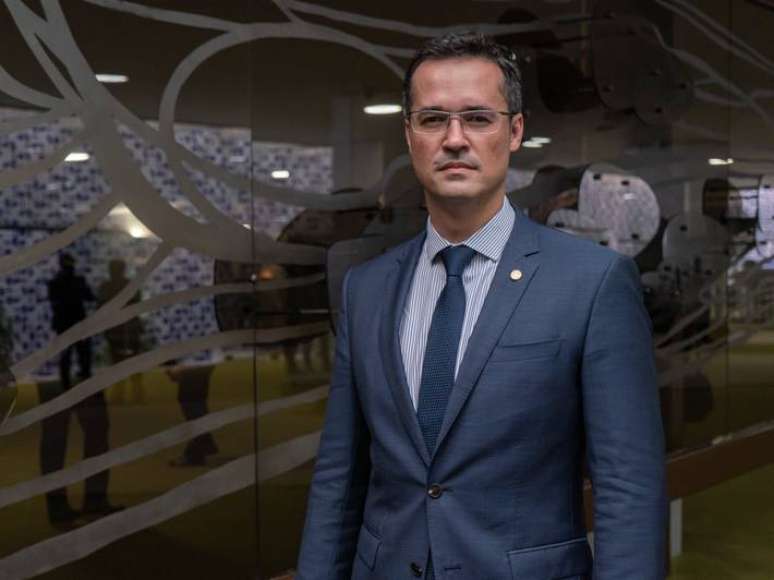The lawyers specializing in Electoral Law heard by the Estadão believe that the Superior Electoral Court has not changed its interpretation in judging the former head of Lava Jato
When deregistering the deputy’s candidacy is deregistered Deltan Dallagnol (Podemos-PR), which effectively generates the loss of the mandate, the Superior Electoral Court (TSE) used as a basis the extract from Clean Records Act which prohibits magistrates and members of the prosecutor’s office from requesting dismissal to contest the elections if they have pending administrative proceedings.
The TSE considered that Dallagnol had resigned as Federal Public Prosecution nearly a year before the election, predicting that ongoing disciplinary proceedings could jeopardize his future candidacy. The ministers concluded that there had been an attempt to “circumvent” the legislation.
According to the lawyer Paula Bernadelli, a specialist in Electoral Law, the Clean Record Law foresees an ‘excessive’ number of possibilities of ineligibility.
“An example is precisely the incidence of ineligibility by decision of a disciplinary body, or even by dismissal from office to avoid investigations into an allegation,” he explains.
“Despite these criticisms, however, the conditions of ineligibility were implemented and considered constitutional many years ago. Therefore, they must be applied equally to all candidates, exactly as the TSE did in this case”, he adds.

One of the controversial points in the trial was the wording of the law. The text mentions disciplinary proceedings as an impediment to the candidacy of members of the Public Prosecutor’s Office, but does not mention other types of administrative proceedings, such as investigations and disciplinary complaints.
The expert explains that the TSE has made a ‘combined’ reading of the legislation with the context. When Dallagnol asked to resign as federal prosecutor, he was responding to 15 administrative cases and had already been punished with censure and warnings, which in practice would increase the chances of dismissal in future trials.
“There hasn’t been an extensive interpretation of what the law says in relation to the existing procedures, but a combined reading of the paragraphs and the observation of an attempt to defraud the scenario to prevent the application of the law”, Paula assesses. “What happened in the case is that it was ascertained that there had been an anticipation of the request for exemption precisely to avoid the establishment of PAD which would have led to its inadmissibility”.
To the StadiumAttorney Cristiano Vilela, a member of the American Confederation of Subnational Electoral Bodies (Caoeste), says there has been no change in the position of the Superior Electoral Court.
“This is a decision that is in line with the already consolidated case law of the TSE according to which, in cases where there is a renunciation of public employment to escape processes that may lead to ineligibility, ineligibility must be applied for a period of eight years”. He explains.
Attorney Luiz Gustavo de Andrade, a specialist in electoral law and a member of the Brazilian Academy of Electoral and Political Law (Abradep), says the TSE’s decision has immediate effect. This means that Dallagnol can try to overturn the sentence, but he has to wait for the off-site appeals.
“Since this is a decision issued during the appeal, other appeals proposed by Dallagnol’s defense do not have the effect of suspending the impeachment”, he explains. “There is still room for an appeal within the TSE and, subsequently, directed to the STF. But appeals are made off-site”.
For the expert, the ruling represents a milestone in the analysis of candidacies for public officials. “Of course, it’s an extremely relevant precedent,” he assesses.
Source: Terra
Rose James is a Gossipify movie and series reviewer known for her in-depth analysis and unique perspective on the latest releases. With a background in film studies, she provides engaging and informative reviews, and keeps readers up to date with industry trends and emerging talents.



-urmctr9cutdl.png)



